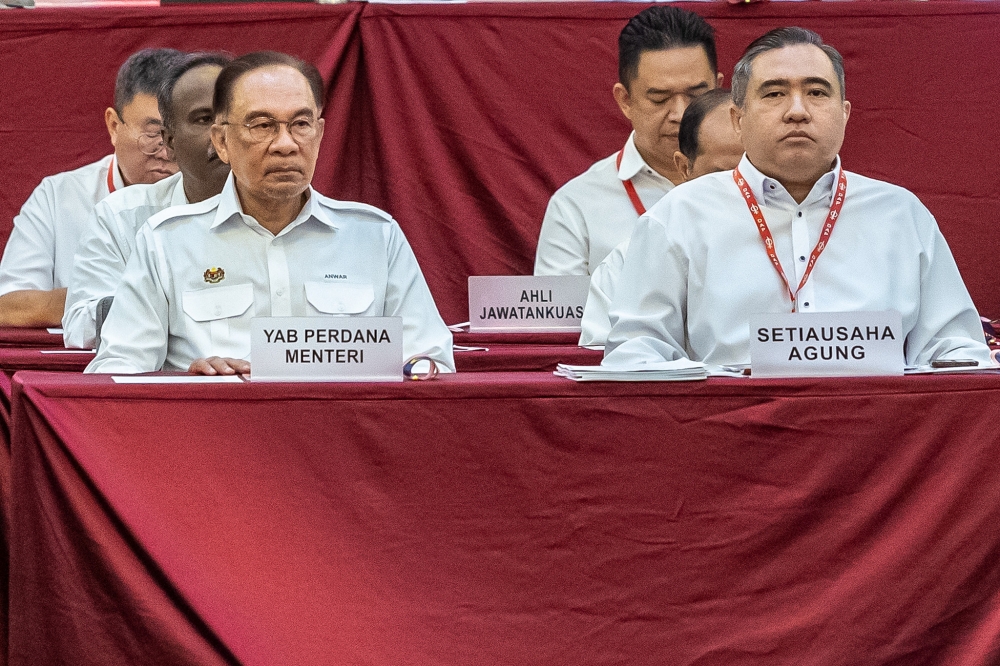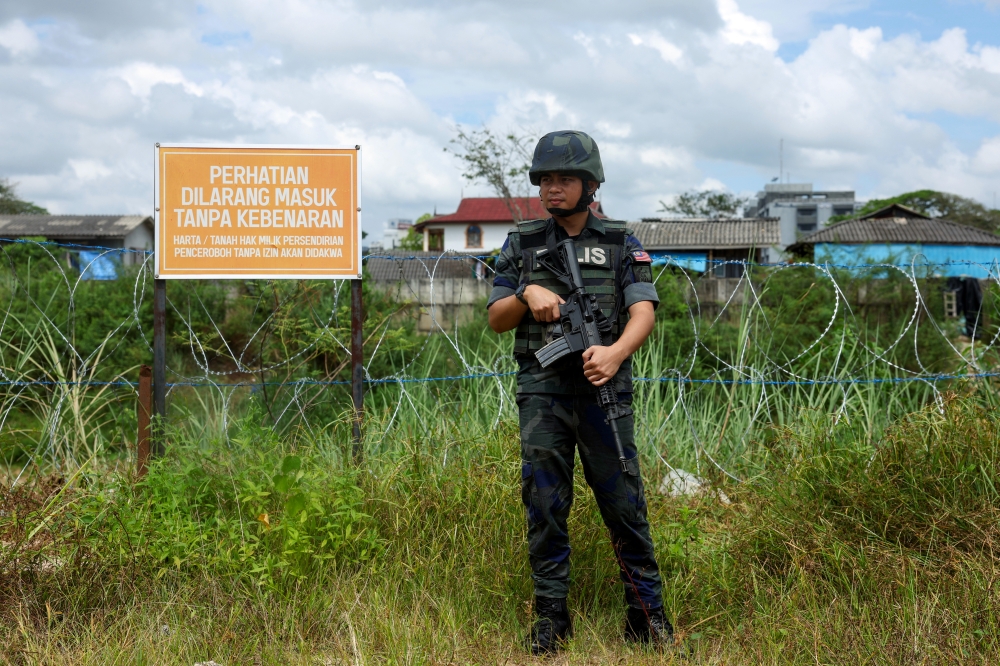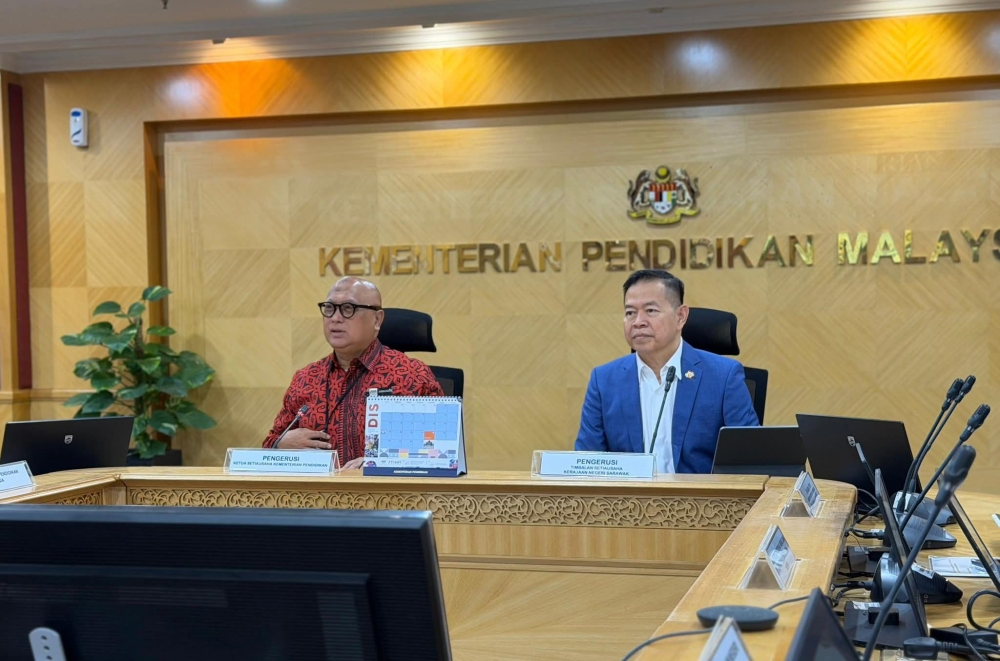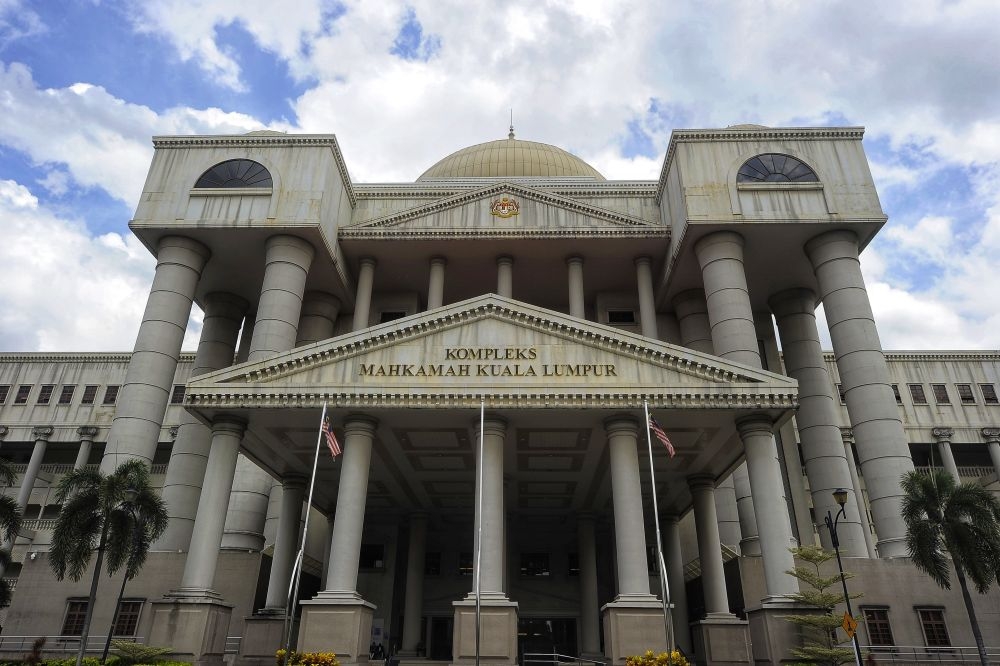KUALA LUMPUR, Jan 18 — In an unprecedented move, the federal government has filed a civil suit against the Kelantan state government and its agencies, on behalf of the Temiar Orang Asli, to prevent the destruction of native land for commercial profit.
Attorney General (AG) Tommy Thomas said other defendants in the suit include the Kelantan state director of Lands and Mines, the Kelantan state director of the Forestry Department, and five private entities.
“Moved by their plight, the prime minister and the Cabinet resolved that legal proceedings be considered to reflect the government’s commitment to the Orang Asli, as well as honouring one of the promises in its manifesto,” he said in a statement.
The Attorney General’s Chambers (AGC) filed the suit at the High Court in Kota Baru, where they seek the legal recognition of the Temiar Orang Asli’s native land rights in Pos Simpor and injunctions to restrain private parties from encroaching upon it.
“The beneficiaries of this suit are the Orang Asli, and the litigation will be cost-free to them. Commercial development and the pursuit of profit must not come at the expense of the Temiar Orang Asli and their inherent rights as citizens of this country to the land and resources which they have traditionally owned and used.
“Although the Kelantan State Government has jurisdiction over matters relating to land, forestry and mining, it is also bound by a paramount and non-delegable duty to protect and preserve the welfare of the Temiar Orang Asli,” Thomas said.
Describing the move as a first of its kind since Merdeka, he said the Orang Asli have since time immemorial lived a peaceful and sustainable existence in the Malaysian forests.
“They have a deep connection with their ancestral land, which they rely heavily upon for economic and cultural sustenance. Indeed, the entirety of their heritage, traditions and livelihood is dependent upon their ancestral land and the resources connected to their land.
“Unfortunately, their fundamental rights as Malaysian citizens have been neglected and infringed far too long. Rapid deforestation and commercial development have resulted in widespread encroachment into the native territories of the Orang Asli,” Thomas said, adding that in most instances they are not consulted or even considered.
He said Orang Asli have tended to avoid direct resistance or confrontation and instead chosen to retreat further into the forests, while those who sought to stand and defend their native land often faced an overwhelming imbalance of power against formidable and well-resourced forces.
“Across the globe, the fundamental rights of indigenous peoples have been recognised, declared and enforced in landmark court cases in countries including Australia, Canada and India.
“It is time Malaysia joined their rank of in recognising and protecting our Orang Asli’s rights. The United Nations Declaration on Rights of Indigenous People 2007 emphasises the principle of free, prior and informed consent of those who will be impacted by proposed commercial works, thereby providing public international law support for the indigenous peoples of the world,” Thomas said.


















